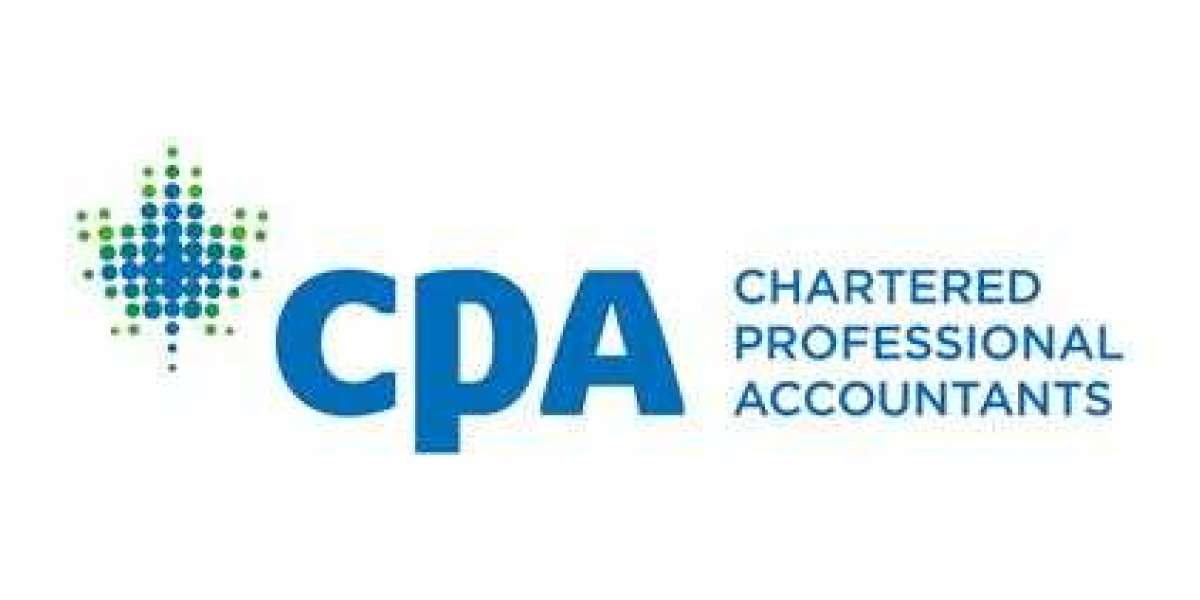The Certified Public Accountant (CPA) designation is a highly esteemed qualification in the field of accounting. It represents a significant achievement in the career of an accountant, opening up numerous opportunities for advancement and specialization. However, before embarking on the journey to become a CPA, it's crucial to understand the core requirements for enrolling in a CPA course and how they may vary from one jurisdiction to another. In this article, we will delve into the essential details of the CPA course, explore what CPA stands for, and examine the jurisdictional differences in the prerequisites for CPA eligibility.
CPA Full Form: Understanding the Acronym
Before delving into the core requirements for enrolling in a CPA course, let's clarify the CPA full form. The term "CPA" stands for "certified public accountant." This designation is recognized worldwide and signifies a professional who has met rigorous educational and experience standards and passed a comprehensive CPA examination.
Core Requirements for Enrolling in a CPA Course
To pursue a CPA designation, individuals must meet specific prerequisites that typically include educational, experience, and examination components. Let's break down these core requirements:
Educational Requirements
1. Bachelor's Degree
In most jurisdictions, a bachelor's degree from an accredited institution is the foundation for CPA eligibility. The degree should be in accounting or a related field like finance. A four-year undergraduate program is the norm, although some states may accept a three-year degree if certain conditions are met.
2. Coursework in Accounting
Besides a bachelor's degree, candidates are generally required to complete a specific number of accounting and business-related courses. These courses typically cover subjects like financial accounting, auditing, taxation, and ethics. The specific requirements can vary, but they often align with the Uniform CPA Exam's content.
3. Additional Credit Hours
In addition to the core accounting courses, candidates may need to complete additional credit hours in related fields like business, economics, and ethics. The total number of credit hours required varies by jurisdiction.
Experience Requirements
4. Work Experience
Most jurisdictions mandate that CPA candidates gain relevant work experience in the field of accounting. This experience typically ranges from one to two years and may require the candidate to work under the supervision of a licensed CPA. The nature of the experience, whether in public accounting, private industry, government, or academia, can vary depending on the state or jurisdiction.
Examination Requirements
5. Passing the Uniform CPA Exam
One of the most critical components of becoming a CPA is passing the Uniform CPA Exam. This comprehensive examination assesses candidates' knowledge and skills in various areas of accounting and is administered by the American Institute of CPAs (AICPA).
Candidates must pass all four sections within a specific timeframe, which varies by jurisdiction. The passing score is determined by the state board of accountancy in each jurisdiction.
CPA Course Details: Jurisdictional Variations
While the core requirements mentioned above serve as a general guideline for CPA eligibility, it's crucial to understand that the specific requirements can vary significantly from one jurisdiction to another. Each state or country has its own board of accountancy responsible for regulating the CPA profession within its boundaries. Here are some of the key jurisdictional variations you should be aware of:
1. Educational Requirements
Different states may have varying educational requirements for CPA eligibility. Some states may require a bachelor's degree with a specific number of accounting credit hours, while others may accept a three-year degree or have more flexible coursework criteria. It's essential for prospective CPA candidates to research the specific educational requirements of their chosen jurisdiction.
2. Experience Requirements
Experience requirements can also differ from one jurisdiction to another. While most states require one to two years of relevant accounting experience, the nature of that experience may vary. Some states may allow experience gained in academia or government, while others may insist on experience exclusively in public accounting or industry.
3. Uniform CPA Exam
Although the Uniform CPA Exam is uniform in content, the passing scores and retake policies can vary by jurisdiction. Each state sets its own passing score and determines the number of times a candidate can retake failed sections within a specific timeframe. It's essential for candidates to be aware of these policies when planning their CPA exam strategy.
4. Additional Requirements
Certain jurisdictions may impose additional requirements beyond the core educational, experience, and examination prerequisites. These could include ethics courses, background checks, or residency requirements. Prospective CPA candidates should consult the state board of accountancy in their chosen jurisdiction to understand any unique requirements.
Conclusion
Becoming a Certified Public Accountant is a significant achievement that opens up numerous career opportunities in the field of accounting and finance. Understanding the core requirements for enrolling in a CPA course is essential for individuals aspiring to earn this prestigious designation. While the CPA course details remain relatively consistent across jurisdictions, there are notable variations in the specific prerequisites.
In summary, prospective CPA candidates must meet educational requirements, gain relevant work experience, and pass the Uniform CPA Exam. However, the details of these requirements can vary significantly depending on the state or country in which they intend to practice. Therefore, it is crucial to research and thoroughly understand the specific requirements of the jurisdiction in which one plans to become a CPA. By meeting these requirements, individuals can embark on a fulfilling career as a Certified Public Accountant and enjoy the professional recognition and opportunities that come with this esteemed designation.








